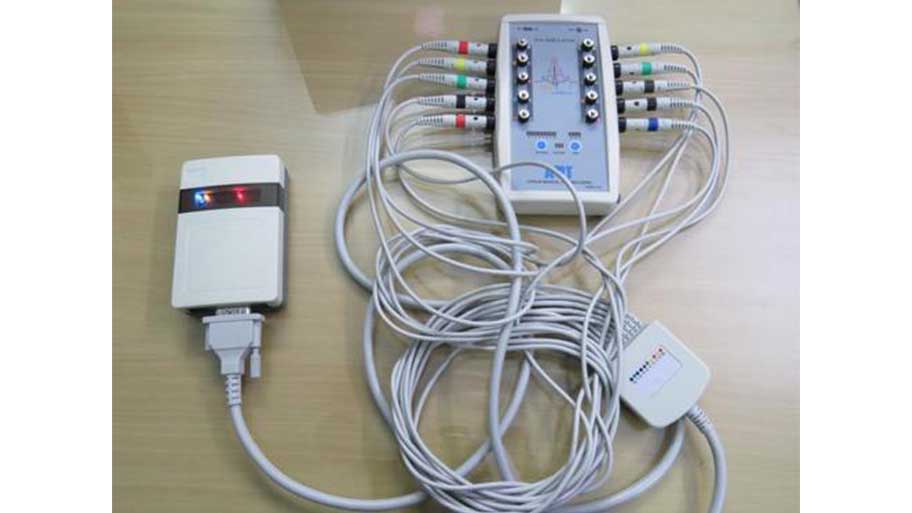ECG
Electrocardiography (ECG) is an important diagnostic tool in the practice of veterinary medicine. Not only does it evaluate the electrical function of the heart, an ECG is also able to give information regarding noncardiac illness. When performing ECGs, it is important to recognize the limitations as well as the benefits of their use in clinical practice. The following discussion will describe ways to acquire an ECG, discuss the approach to rhythm analysis, and provide a review of the common rhythms/ arrhythmias seen in veterinary practice.
Electrocardiography (ECG) is an important diagnostic tool in the practice of veterinary medicine. Not only does it evaluate the electrical function of the heart, an ECG is also able to give information regarding noncardiac illness. When performing ECGs, it is important to recognize the limitations as well as the benefits of their use in clinical practice. The following discussion will describe ways to acquire an ECG, discuss the approach to rhythm analysis, and provide a review of the common rhythms/ arrhythmias seen in veterinary practice.


